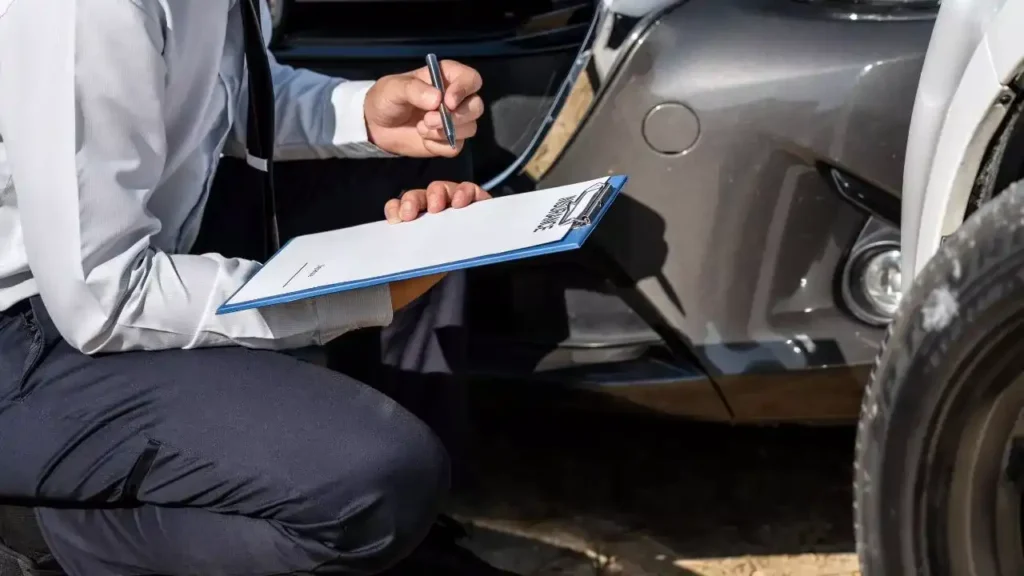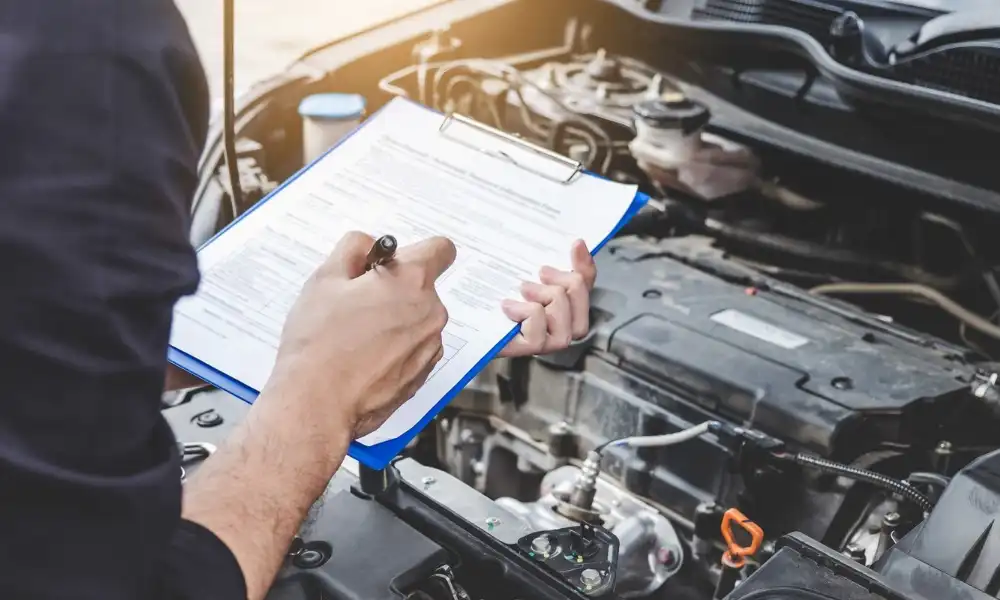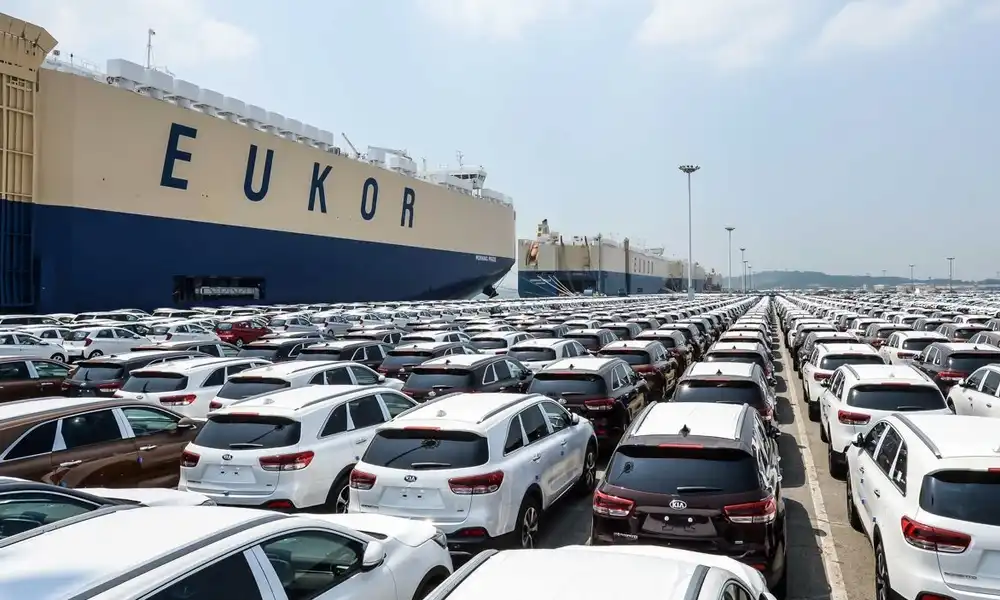Common issues with Korean used cars include transmission failures, suspension wear, engine overheating, and electrical system malfunctions. To prevent these problems, regular maintenance, fluid checks, and timely repairs are crucial. This proactive approach will ensure your car’s longevity and save on costly repairs.
UsedCarKorea.com
Korean used cars are known for their reliability and longevity, but like any used vehicle, they can develop common issues over time. These problems, ranging from engine overheating to transmission failures, can be easily avoided with the right care and regular maintenance. In this article, we’ll guide you through the most frequent issues with Korean used cars and share expert tips on how to prevent them to ensure your vehicle stays in top condition.
Buying a used car from Korea can be a great decision due to the quality, reliability, and advanced features these cars offer. However, like all used vehicles, Korean cars may have some common issues that potential buyers should be aware of. Understanding these issues and taking preventive measures can save you both time and money on repairs. Here’s a detailed guide to help you avoid the most frequent problems in Korean used cars and how to maintain them in optimal condition.
Table of Contents
1. Transmission Problems in Korean Used Cars
Issue:
One of the most common issues with used Korean cars, particularly those over 100,000 kilometers, is transmission failure. This issue often arises from poor maintenance or insufficient transmission fluid.
Prevention:
- Regular Fluid Changes: Make sure to regularly check and replace the transmission fluid according to the manufacturer’s recommendations.
- Smooth Shifting: Pay attention to any unusual noises, slipping, or jerky movements when shifting gears. Early detection can help prevent costly repairs.
- Transmission Flush: If the car has not had its transmission flushed recently, consider having it done by a professional to prevent the buildup of sludge.
2. Suspension System Wear
Issue:
Korean cars, like many other vehicles, may experience suspension system wear due to rough driving conditions or simply age. Worn-out shocks or struts can result in a rough ride and poor handling.
Prevention:
- Regular Inspections: Have your suspension system checked by a mechanic at regular intervals, especially if you notice signs of poor handling or unusual noises.
- Smooth Driving: Try to avoid aggressive driving or hitting large potholes, which can cause significant stress on the suspension system.
- Replacement of Worn Parts: Replace any worn-out suspension components promptly to ensure the smooth operation of your car.
3. Engine Overheating Issues
Issue:
Korean used cars can sometimes have issues with engine overheating, especially if the radiator or cooling system has not been properly maintained. Overheating can lead to severe engine damage if not addressed promptly.
Prevention:
- Coolant Levels: Regularly check the coolant level and top it off as necessary. Ensure that the cooling system is flushed and refilled as per the manufacturer’s instructions.
- Radiator Maintenance: Inspect the radiator for any signs of leaks or cracks. Replace any damaged parts immediately.
- Thermostat and Water Pump Checks: Regularly check the thermostat and water pump for any signs of malfunction, as these components play a critical role in regulating engine temperature.
4. Electrical System Issues
Issue:
Electrical problems, such as issues with the alternator, battery, or wiring, are not uncommon in older Korean cars. These problems can lead to issues starting the car or malfunctioning of various electrical components.
Prevention:
- Battery Maintenance: Ensure the battery is in good condition, and check the connections for corrosion. Clean the terminals regularly.
- Alternator Checks: Have the alternator checked to ensure it is charging the battery properly.
- Electrical Inspections: Get periodic inspections of the car’s electrical system, especially if you notice warning lights or irregular electrical behavior.
5. Power Steering Failures
Issue:
Power steering failures can occur in Korean used cars, often due to low power steering fluid or worn-out components. This can make steering difficult and less responsive.
Prevention:
- Check Fluid Levels: Regularly inspect the power steering fluid levels and top them off as needed.
- Watch for Leaks: Check for leaks in the power steering system. Leaks can lead to fluid loss, which affects the steering system’s performance.
- Prompt Repairs: If you notice any difficulty in steering or unusual sounds, address the issue immediately before it leads to more significant damage.
6. Brake System Wear
Issue:
Brake system wear is inevitable over time, especially in used cars. Worn-out brake pads and rotors can affect the vehicle’s stopping power and compromise safety.
Prevention:
- Regular Inspections: Have your brake system checked regularly, especially if you hear squeaking sounds or experience reduced braking power.
- Replace Brake Pads: Replace brake pads when they reach the end of their lifespan, usually between 30,000 to 50,000 miles, depending on your driving habits.
- Brake Fluid Maintenance: Ensure that the brake fluid is replaced regularly, as old brake fluid can lead to brake system failure.
7. Fuel System Issues
Issue:
The fuel system in Korean used cars may develop issues, such as clogged fuel injectors or fuel filter problems, leading to poor engine performance or stalling.
Prevention:
- Use High-Quality Fuel: Always use the recommended fuel type and avoid low-quality fuel that may cause deposits in the fuel system.
- Fuel System Cleaning: Periodically clean the fuel injectors and replace the fuel filter to maintain optimal performance.
- Fuel Line Inspections: Regularly inspect fuel lines for leaks or cracks that can lead to fuel loss or engine issues.
8. Air Conditioning Problems
Issue:
Air conditioning issues, such as low refrigerant levels or malfunctioning compressors, can be a common problem in older Korean cars.
Prevention:
- Refrigerant Checks: Have your air conditioning system checked for refrigerant levels, and refill them if necessary.
- AC Compressor Maintenance: If the air conditioning system is making unusual noises or not cooling properly, have the compressor inspected and replaced if necessary.
- Regular Use: Even in colder months, run the AC periodically to prevent seals from drying out and the system from becoming less effective.
Conclusion
While Korean used cars are known for their reliability and value, being proactive about maintenance can help you avoid some of the common issues that affect these vehicles. Regular inspections, timely fluid changes, and addressing small problems early can significantly extend the lifespan of your car and save you money on repairs. By staying ahead of potential issues, you can continue to enjoy your Korean used car without worrying about unexpected breakdowns.

FAQs
What are the most common issues with Korean used cars?
The most common issues with Korean used cars include transmission problems, suspension wear, engine overheating, electrical system failures, and power steering issues. Regular maintenance and prompt repairs can help prevent these problems.
How can I prevent transmission problems in my Korean used car?
To prevent transmission problems in Korean used cars, regularly check and replace the transmission fluid, avoid aggressive driving, and have your transmission system inspected periodically for early signs of wear.
Why is my Korean used car overheating, and how can I fix it?
Overheating in Korean used cars is often due to low coolant levels or a failing radiator. Regularly check the coolant levels, inspect the radiator for leaks, and replace worn-out parts like thermostats and water pumps to avoid overheating.
How can I maintain my Korean used car’s suspension system?
To maintain your Korean used car’s suspension system, avoid harsh driving, regularly inspect shock absorbers and struts, and replace any worn-out components promptly. This will ensure smooth handling and a comfortable ride.
What maintenance should I do to prevent electrical issues in my Korean used car?
To prevent electrical issues, regularly inspect the battery, check the alternator’s charging ability, and ensure all wiring is intact. Additionally, replace the battery when it shows signs of corrosion or reduced performance.


